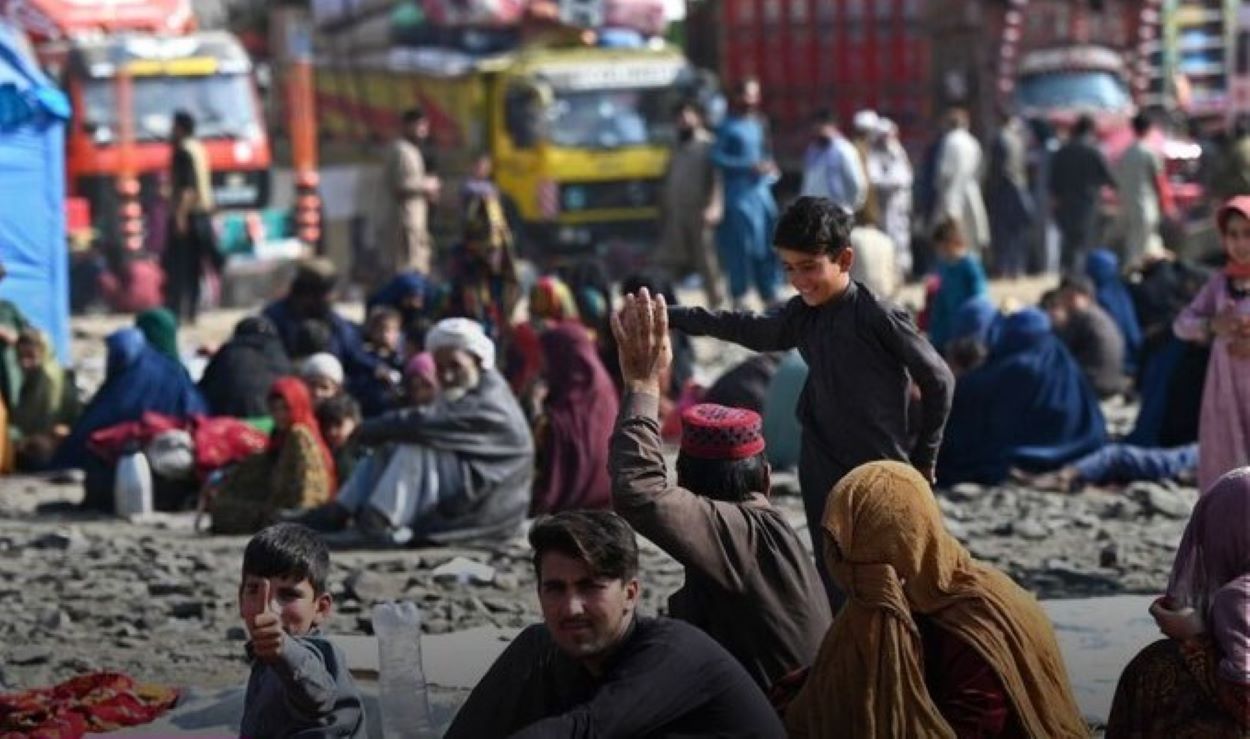On August 6, 2025, Pakistan’s Ministry of Interior announced the immediate start of voluntary repatriation for Afghan nationals holding Proof of Registration (POR) cards, with a full-scale return operation commencing on September 1, 2025.
The Interior Ministry’s decision addresses national security concerns and resource strains, as outlined in a high-level ministry meeting. The process for Afghan Citizen Card (ACC) holders will continue under the Inter-Ministerial Return Facilitation Plan (IFRP), ensuring structured and humane repatriation.
The Ministry of Foreign Affairs will coordinate with international partners, including the Afghan Interim Government and UNHCR, to facilitate the return. This initiative aims to balance humanitarian considerations with Pakistan’s domestic priorities, promoting orderly migration management.
The repatriation process includes several structured steps:
- Data Sharing and Deregistration: The Ministry of Kashmir Affairs, Gilgit-Baltistan, and SAFRON will provide POR cardholder data to provincial and district committees. NADRA will handle deregistration at transit points and border terminals.
- Border Facilitation: The Federal Investigation Agency (FIA) will manage operations at designated border crossings.
- Provincial Action Plans: Provinces must submit detailed repatriation plans, identifying transit areas, transportation, and financial assistance for returnees.
- Oversight Mechanisms: District and provincial committees will oversee implementation, with reactivated control rooms for monitoring. A dedicated hotline and complaint cell will address grievances, while daily progress is tracked via the Foreign National Security Dashboard (FNSD).
All stakeholders are required to update contact details for focal persons, with a Section Officer for Security appointed as the central coordinator.
The program reflects Pakistan’s efforts to manage the long-standing presence of Afghan refugees while addressing security and resource challenges. Involving international partners ensures compliance with global humanitarian standards. The structured approach, including financial aid and safe transit, aims to minimise disruptions and support dignified returns.
This development could ease pressures on public resources and strengthen bilateral ties with Afghanistan. However, it raises concerns about the welfare of returnees amid ongoing regional instability. For accurate updates on migration policies, consult official Ministry of Interior announcements and trusted sources.
Pakistan hosts millions of Afghan nationals, and this repatriation drive promotes sustainable solutions while safeguarding national interests. It underscores the need for international cooperation in refugee management. The program’s success could serve as a model for similar situations globally, but careful implementation is crucial to protect vulnerable groups.






